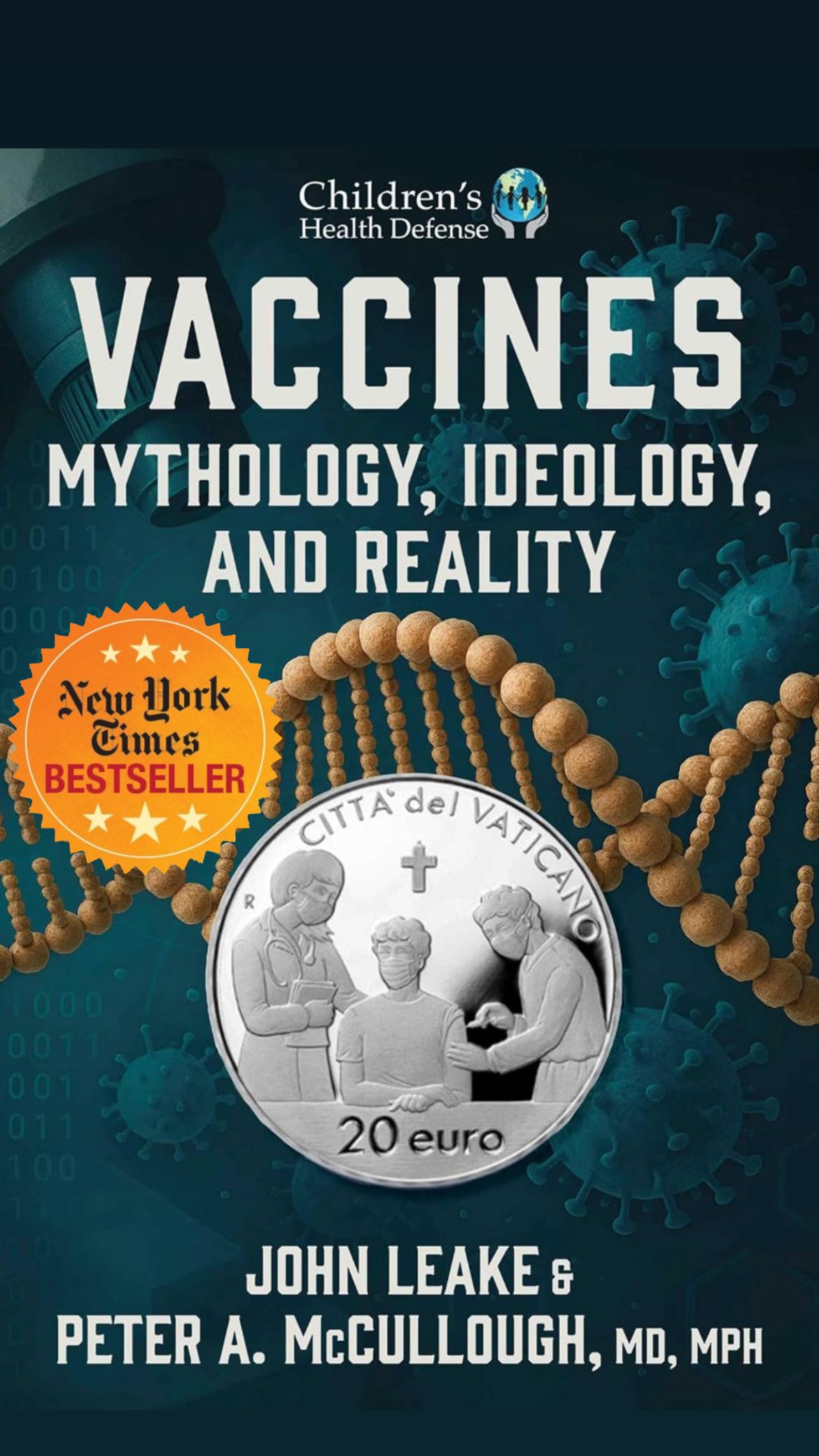Vaccine Hesitancy: "A Disease of the Mind"
Vaccinology Defines A New Mental Illness to be Targeted by Weapons of Public Health
By Peter A. McCullough, MD, MPH
Vaccine hesitancy refers to a state of indecisiveness regarding vaccination decisions, distinct from outright refusal.[i] It encompasses delays in acceptance or refusal despite available services, influenced by factors including fear of side effects, confidence, complacency, and convenience.[ii] Recognized by the World Health Organization (WHO) as a top global health threat in 2019, hesitancy has persisted since the advent of vaccines. Essentially vaccine hesitancy can be viewed as a new infectious mental illness to be targeted by public health agencies and the medical establishment.
We highlight key events in the history of vaccinology and societal hesitancy towards vaccines in our best selling book Vaccines: Mythology, Ideology, and Reality.
Modern hesitancy surged with Andrew Wakefield's 1998 seminal study linking MMR vaccination to autism. The COVID-19 pandemic highlighted hesitancy, with rapid vaccine development raising concerns over lack of preclinical testing and assurances concerning pharmacokinetics, pharmacodynamics, teratogenicity, oncogenicity, and genome toxicity. A deluge of safety reports, peer-reviewed manuscripts, and package insert warnings led to massive public loss of confidence in the COVID-19 immunization campaign, very low uptake of boosters, and doubts cast on the entire field of synthetic mRNA and adenoviral DNA research.




